Australia’s Covid border rules: Interstate travel restrictions and requirements
Queensland has imposed strict new mask rules after a major change to testing requirements. Compare state, territory border rules.
Dramatic border changes have taken place in Victoria, NSW and Queensland in recent weeks, allowing residents to travel back and forth.
But some Australian states that remain relatively Covid-free, such as Western Australia and Tasmania, still have strict border conditions in place.
Queensland has imposed strict new mask rules decreeing face coverings must be worn at all times in indoor venues after a surge in Covid-19 cases.
Follow our guide to discover where you can travel to within Australia these holidays and what the new rules mean for you.
SA
Premier Steven Marshall announced on Friday (December 31) that effective immediately, there would no longer be a requirement for people coming into SA to use EntryCheck SA.
“This is no longer required, and there will no longer be a requirement for people coming across the border to do a rapid antigen test prior to coming,” he said.
“It was not a good use of our resources at the moment, and so the EntryCheck requirement has been removed, the rapid antigen test requirement has been removed.”
Mr Marshall said the quarantine requirement for fully vaccinated international arrivals would also be removed from midnight.
A person is prohibited from entering SA if they are a close contact of a positive Covid-19 case interstate.
Travellers from Victoria, ACT and NSW need an entry permit, must be fully vaccinated and show a negative Covid test prior to entry. Travellers from those jurisdictions no longer have to get a Covid test on arrival in the state unless they are symptomatic.
Travellers from Queensland, WA and Tasmania require an entry permit and must be fully vaccinated.
Travellers from the NT, except the Katherine area, must be fully vaccinated and have a permit.
Travellers who have been in Katherine remain under tough restrictions if they want to enter the state.

NSW
NSW has abandoned mandatory PCR testing for vaccinated international travellers arriving in Sydney in favour of rapid antigen tests.
Premier Dominic Perrottet confirmed the move after a meeting of national cabinet on Thursday (December 30), saying it would take pressure off a stressed Covid-19 testing regimes.
Travellers from Victoria aged 16+ who are not fully vaccinated cannot travel to NSW for holidays or recreation. Anyone who has visited a “close contact” exposure site can’t enter NSW within 14 days of visiting the location or within seven days if they’re fully vaccinated.
People from the ACT who have visited a “close contact” exposure site can’t enter NSW within 14 days of visiting the location or within seven days if they’re fully vaccinated.
Anyone who has visited a “casual contact” exposure site can’t enter NSW unless they have a negative Covid test result since visiting the location.
Travellers from South Australia, WA, Tasmania, Queensland and Northern Territory can travel freely into the state without a permit.
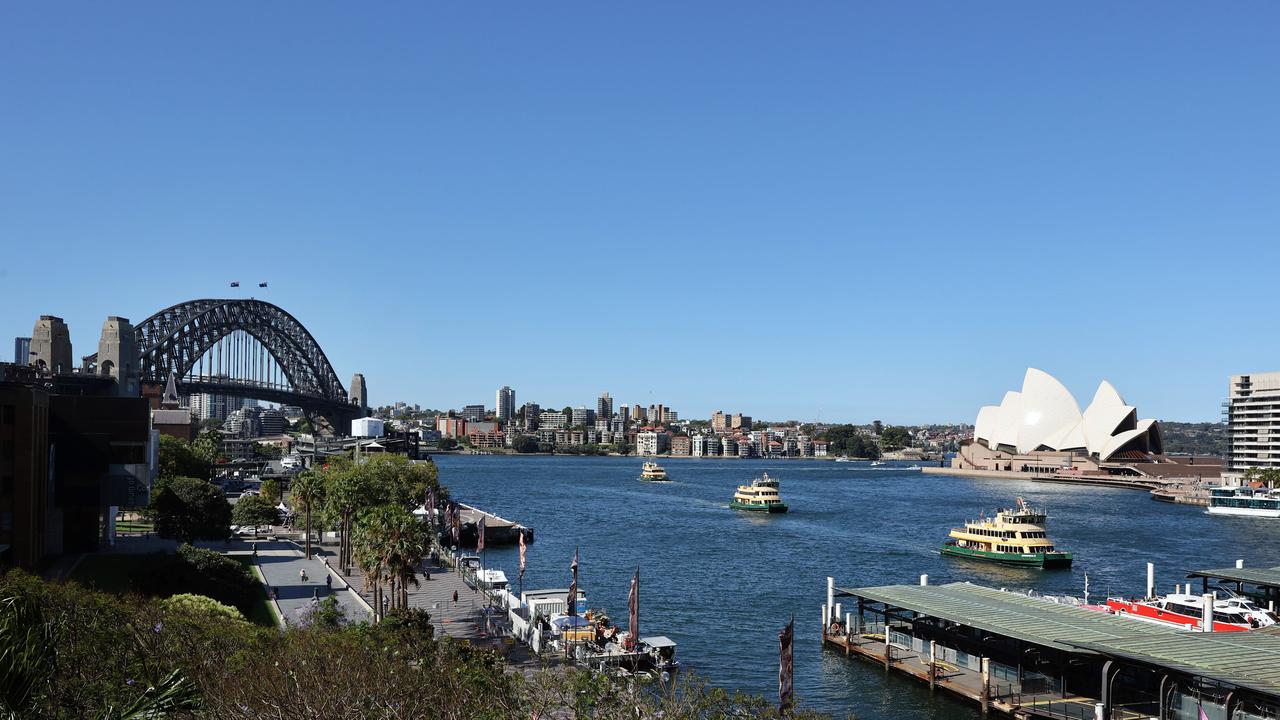
WESTERN AUSTRALIA
From 6pm on Friday (December 31), Queensland and South Australia will join NSW and Victoria as being classified “extreme risk”.
Premier Mark McGowan said both states were seeing a significant spike in Covid-19 cases, with the spread of the Omicron strain expected to result in a “sustained increase” in infections.
“The arrival of the Omicron variant in Australia has seen cases surge in both Queensland and South Australia, and unfortunately we expect this trend to continue,” he said in a statement.
Under the extreme risk category, travel exemptions will only be possible under strict conditions for commonwealth and state officials, members of parliament, diplomats, and in specialist or extraordinary circumstances.
Approved travellers must be double dose vaccinated, return a negative PCR test in the 72 hours before departing, undertake hotel quarantine at a state facility for 14 days at their own expense, and get tested on days one, five and 13.
Mr McGowan said approved travellers under the “high risk” category in Queensland or SA who wanted to return to WA should do so urgently.
“The controlled border has been pivotal in protecting WA over the past two years and it will continue to play a vital role in the lead up to WA’s safe transition,” he said.

“Our vaccination rates are on track to reach our 90 per cent double dose target in the lead up to our safe transition — and we will do everything we can to protect WA.
“I ask anyone who has not yet done so to look at the situation unfolding around the country and get vaccinated, including your third dose if eligible, to protect yourself and your loved ones.”
From late January or early February, WA plans to accept all interstate travellers who are fully vaccinated and have a negative Covid test taken within 72 hours prior to entry.
Travellers from the ACT need an entry permit to enter the state but only approved travellers – which doesn’t include tourists – are allowed in.
WA residents returning home may be granted approval.
Tasmanian travellers require an entry permit and must complete a health screening on arrival. Travellers don’t need to be vaccinated or quarantine.
NT travellers must have an entry permit, be fully vaccinated and complete a health screening on arrival.
They must also complete 14 days home quarantine and get a Covid test within 48 hours of arrival and on day 12.
VICTORIA
People from all over Australia are able to travel at anytime into Victoria.
Permits are not required, nor is a vaccination certificate.
Because of Victoria’s hotspot status and high daily Covid cases, residents who travel there may not be able to get back to their home state depending on where they are from.
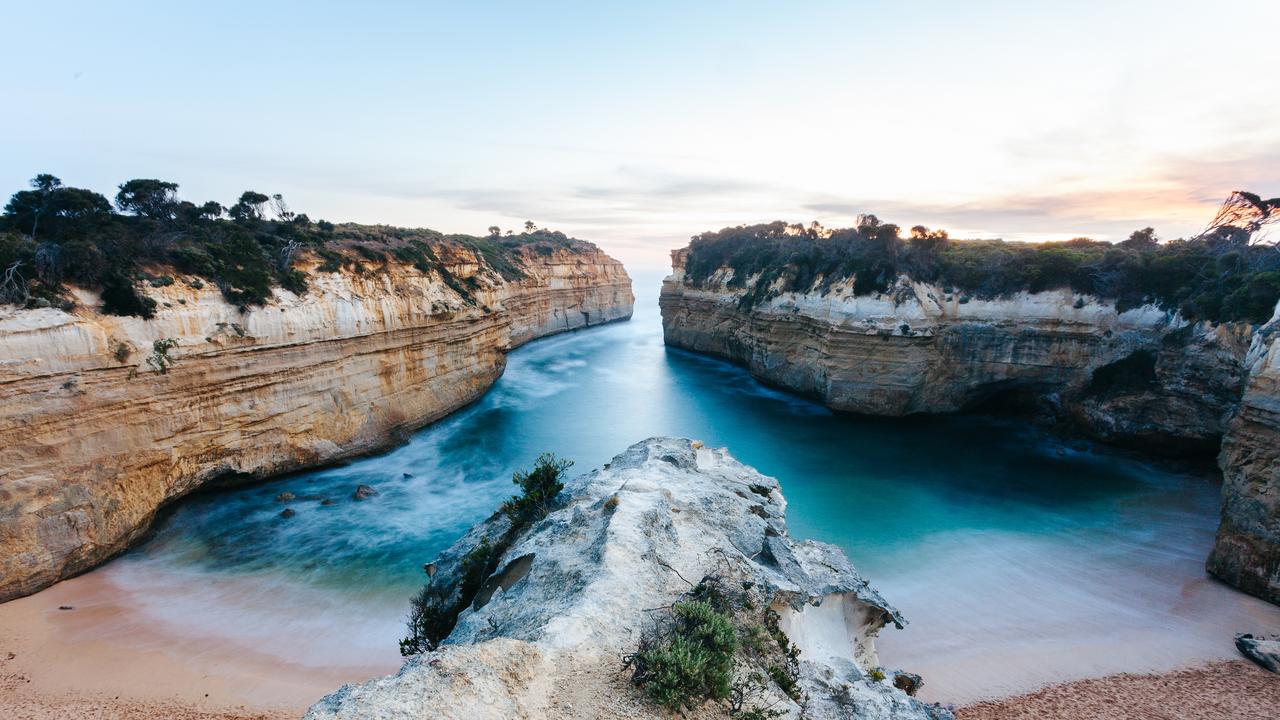
QUEENSLAND
People in Queensland are required to wear masks at all indoor venues, including indoor stadiums and arenas, libraries, hairdressers, nail salons, waiting rooms and medical centres.
Masks must be worn when standing in pubs, clubs and cafes, and in workplaces where it is safe to do so.
People arriving from interstate hot spots now no longer require a PCR test to enter the state.
From January 1, travellers with a negative result from either a PCR test or a Rapid Antigen Test will be given the green light to cross the border.
Travellers need to be fully vaccinated and will still need to complete a border declaration confirming that they have completed a negative test.
Hotspot travellers in Queensland are no longer required to get a COVID-19 PCR test on day five following their arrival to Queensland.
There are no quarantine requirements if you enter as a hotspot traveller.
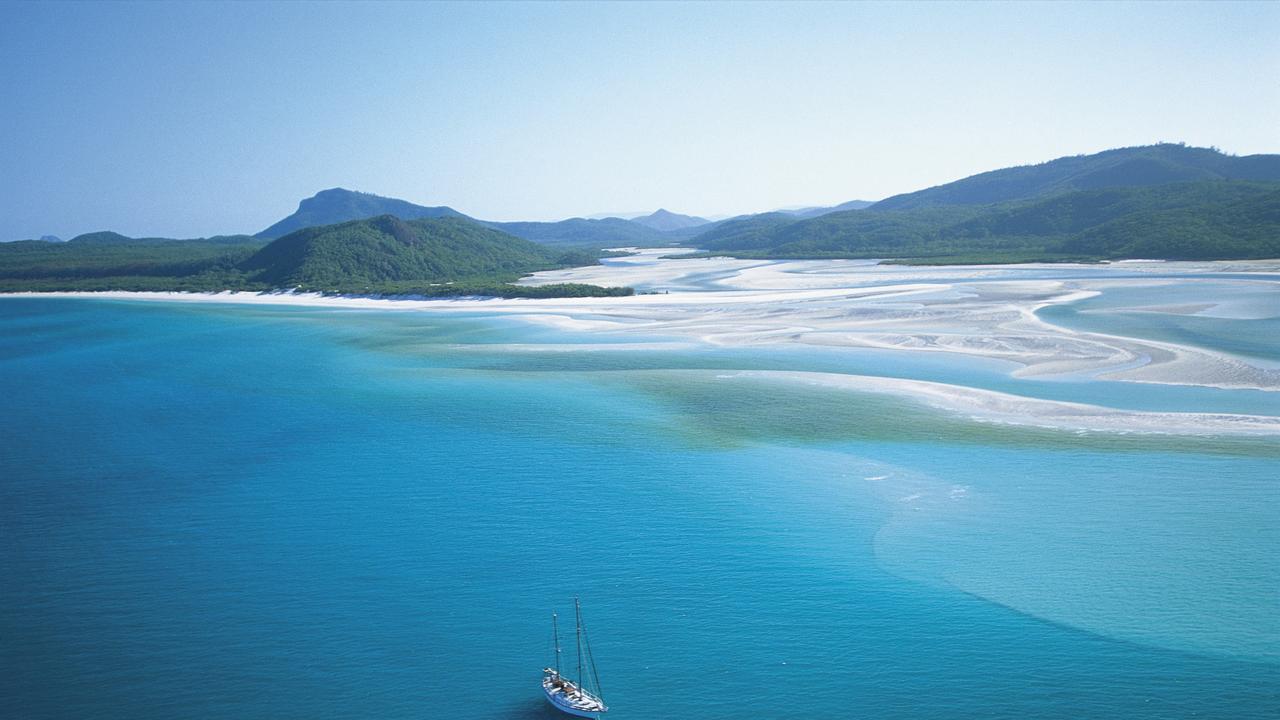
TASMANIA
Visitors to Tasmania will no longer need a PCR test to enter the state from January 1 onwards.
Travellers will have to return a negative RAT test 24 hours prior to travel to Tasmania, it was announced on Friday.
All travellers to Tasmania however, including returning residents, must be fully vaccinated and need to provide their contact and travel details before entering the state on the Tas e-Travel system.
Unvaccinated travellers must apply for approval before travelling.
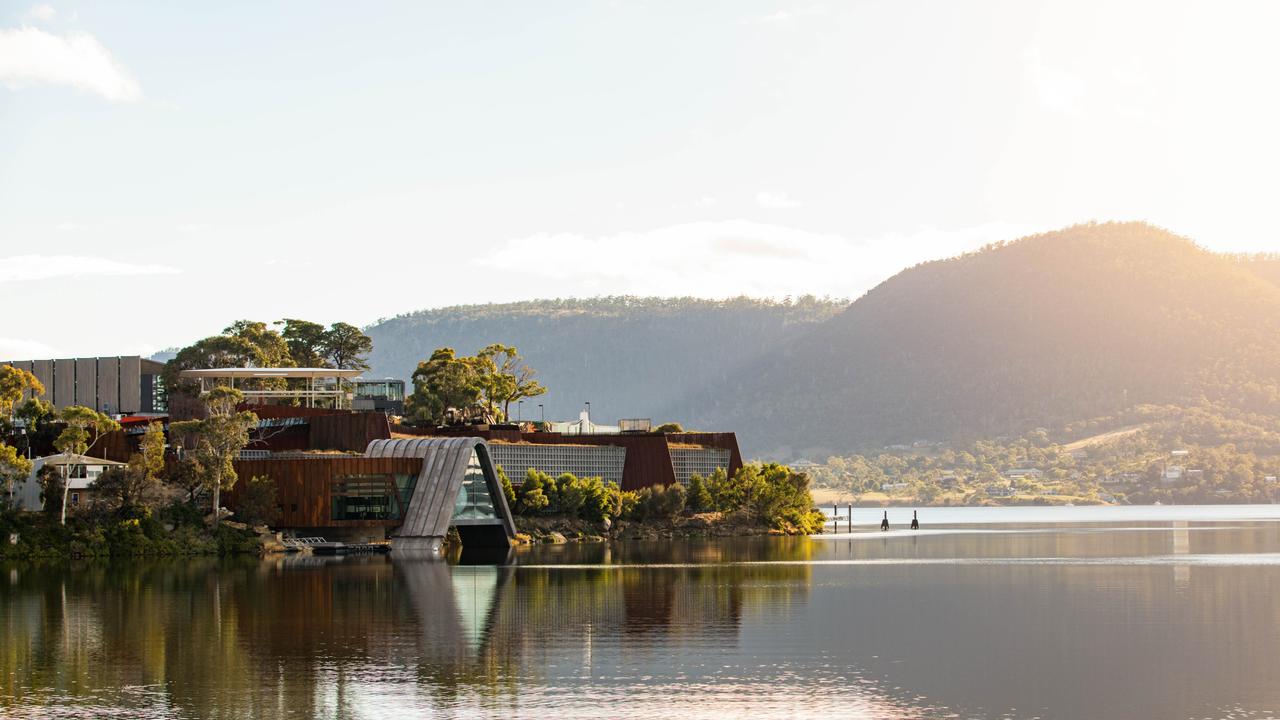
AUSTRALIAN CAPITAL TERRITORY
Travellers from Victoria and NSW must have an entry permit.
Unvaccinated travellers from metropolitan areas, any hotspot regional areas or those who have been to an exposure site must remain in lockdown conditions for 14 days.
Queensland travellers do not require an entry permit unless they have been to an exposure site.
No permit is required and there are no restrictions for travellers from WA, NT, Tasmania or SA.
Travellers from Victoria and NSW must have an entry permit.
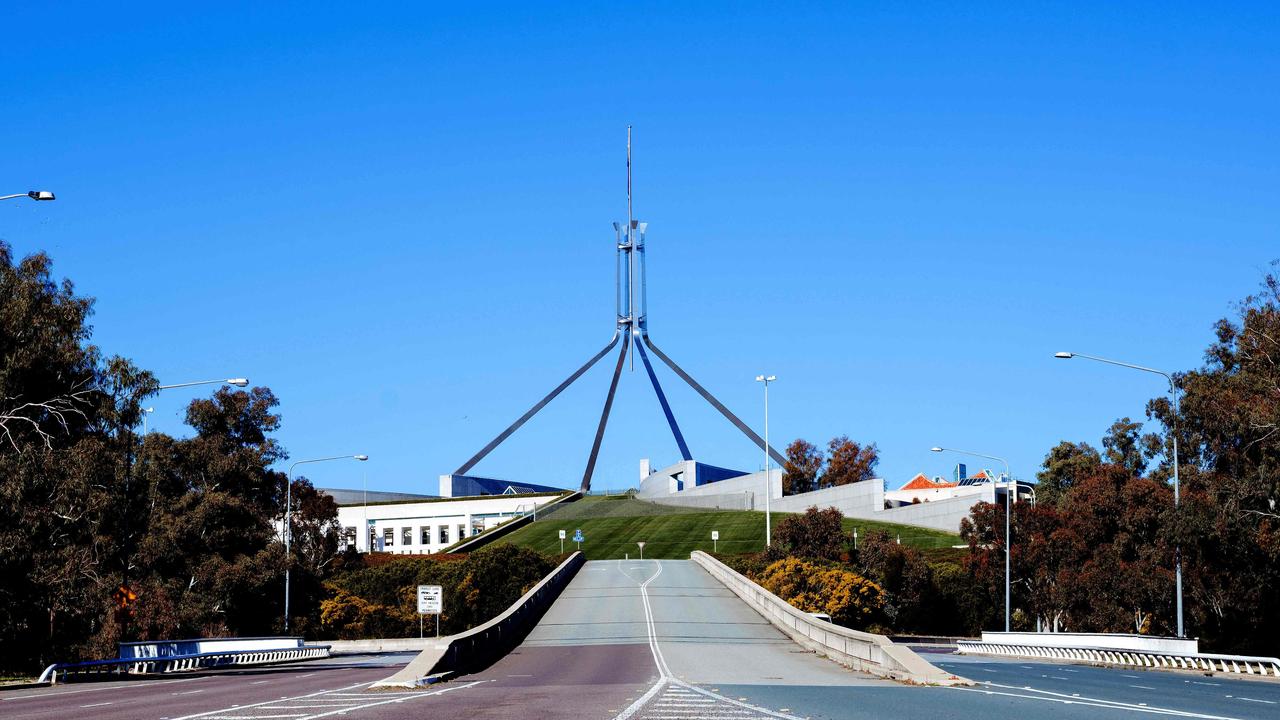
NORTHERN TERRITORY
Travellers from all states will need an entry permit, must be fully vaccinated, show a negative Covid test 72 hours prior to entry, have a Covid test within 72 hours of entry as well as six days later and must stay within Greater Darwin, Katherine and Alice Springs in the first 14 days of entry.
Travellers must also use a government surveillance app that tracks your location.
More Coverage

Originally published as Australia’s Covid border rules: Interstate travel restrictions and requirements




